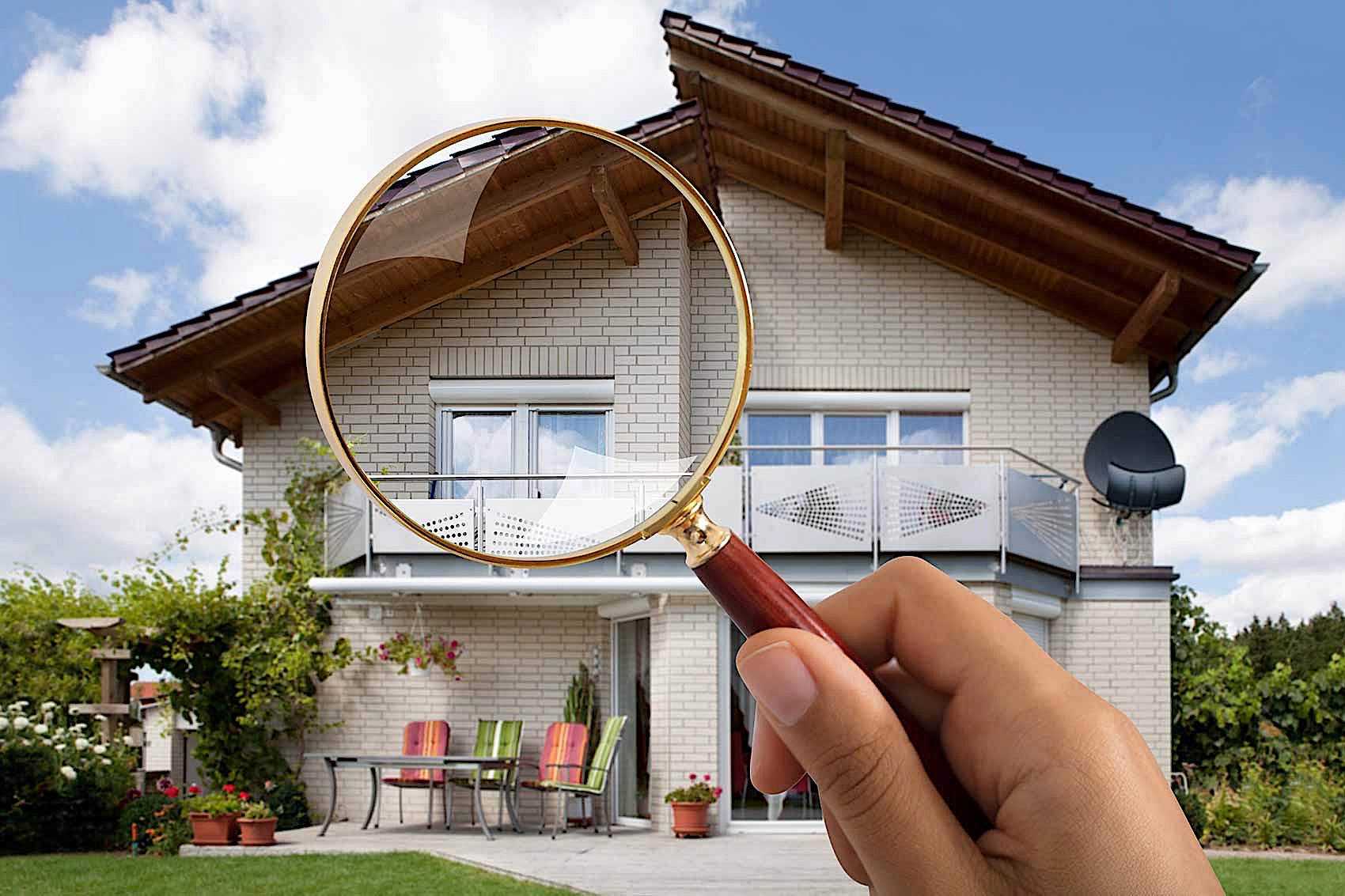
A home inspector plays a vital role in the home-buying process, providing buyers (and sometimes sellers) with a detailed assessment of a property’s condition. The job of a home inspector is to evaluate the major systems and components of a home, identify any existing or potential issues, and document their findings in a report that helps buyers make an informed decision. But what exactly does a home inspector do, and what can you expect during an inspection?
Table of Contents
1. Evaluating the Structure
One of the primary tasks of a home inspector is to assess the structural integrity of the home. This includes inspecting the foundation, walls, roof, and attic for any signs of damage, such as cracks, leaks, or water damage. They will check for issues like settling, which can lead to foundation problems, and look for any structural deficiencies that could compromise the safety of the home.
Structural issues can be costly to repair and may impact the overall safety of the home. Identifying them early on can save buyers from unexpected expenses.
2. Inspecting Electrical Systems
The electrical system is another crucial aspect of the inspection. The home inspector will examine the electrical panel, wiring, outlets, and light fixtures to ensure everything is up to code and functioning properly. They will also look for any outdated or unsafe wiring, such as aluminum or knob-and-tube wiring, which can pose a fire hazard.
Electrical problems can be dangerous, and upgrading or repairing faulty wiring can be expensive. Knowing the condition of the system can help buyers plan for necessary repairs.
3. Assessing Plumbing Systems
During the inspection, the plumbing system is thoroughly examined, including visible pipes, faucets, and fixtures, as well as water heaters and sump pumps. Inspectors look for signs of leaks, corrosion, and water pressure issues. They may also check for proper drainage and look for signs of potential water damage or mold.
Plumbing repairs can be a major expense, and water damage can lead to mold growth, which poses health risks. Identifying these problems early can save buyers money and stress.
4. Checking HVAC Systems
The heating, ventilation, and air conditioning (HVAC) system is inspected to ensure it’s functioning efficiently and safely. This includes examining the furnace, air conditioner, ducts, and filters. The inspector will also check for signs of improper maintenance, such as dirty filters or neglected ductwork, which could indicate potential future issues.
A malfunctioning HVAC system can lead to uncomfortable living conditions and expensive repairs. Ensuring it’s in good working order is important for both comfort and cost.
5. Inspecting the Roof
The roof is one of the most important components of a home, and a home inspector will carefully evaluate its condition. They will check for signs of wear and tear, missing or damaged shingles, leaks, and the overall quality of the roof’s materials. Depending on the roof’s accessibility, some inspectors may use drones or infrared cameras to inspect hard-to-reach areas.
Roof repairs or replacements are among the most expensive home repairs. An inspection can provide insight into how much life is left in the roof and alert you to any immediate concerns.
6. Looking for Safety Hazards
Beyond the major systems, home inspectors are also on the lookout for any safety hazards. This includes checking for proper ventilation, ensuring that smoke and carbon monoxide detectors are working, and identifying any potential fire or health risks, such as mold or radon.
Why it matters: Safety should be a top priority in any home. Identifying hazards early can help you take action to make the home safer before moving in.
Conclusion: The Importance of a Home Inspection
A home inspector’s job is to provide a thorough evaluation of a property’s major systems and components. Their detailed report helps buyers understand the true condition of a home, including any potential problems or costly repairs. While a home inspection isn’t required by law, it’s a crucial step in the home-buying process, ensuring that buyers can make an informed decision and avoid unpleasant surprises after closing.

